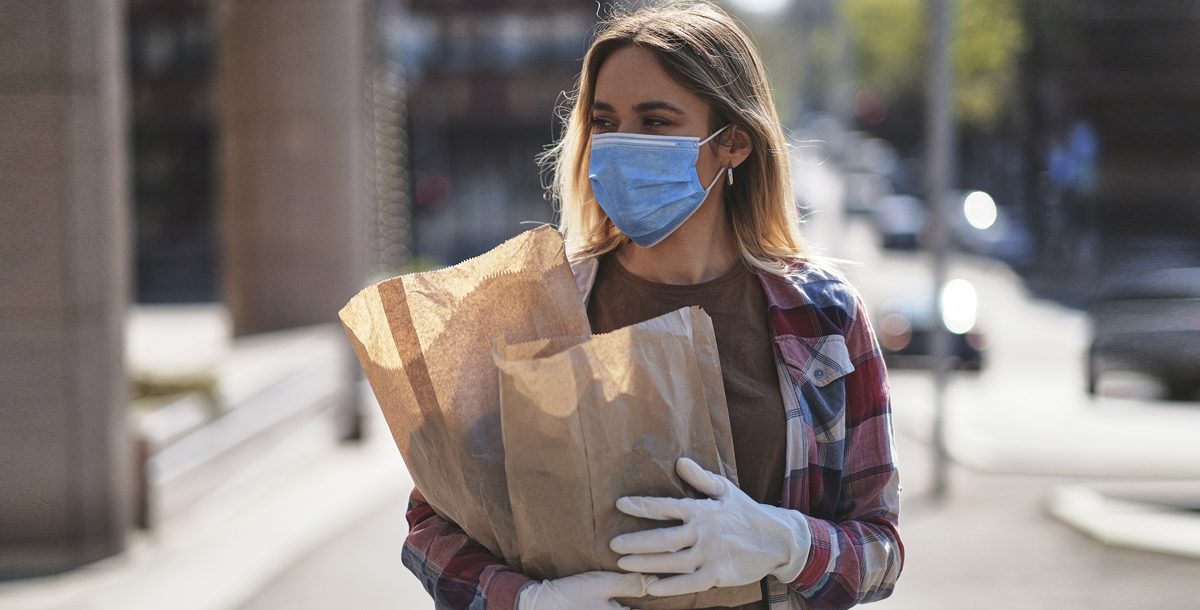A face mask is one of the best tools you can use to protect yourself and others from COVID-19. With states reopening, wearing a face mask is important now more than ever. The Center for Disease Control and Prevention (CDC) says that face masks should always be worn in both indoor and outdoor public settings where it is difficult to maintain social distancing.
However, there is no denying that face masks and warm weather do not go hand in hand. In hot and humid conditions, it can be very uncomfortable. In some cases, it can even be dangerous if the mask is interfering with your breathing. Never the less, it is critical that everyone wears one.
Before heading out in the heat, check out our safety tips for wearing face mask during the summer.
#1: Limit your time in the sun and hydrate
Overheating is a top concern when it comes to face masks during warmer weather. A properly worn face mask covers both your mouth and nose. While this helps protect you from COVID-19, it can also make it more difficult to breathe. This is especially true for individuals with underlying health conditions such as asthma and chronic obstructive pulmonary disease (COPD). Ironically enough though, these conditions are two of many that put certain individuals at high risk for serious illness with COVID-19.
Stay cool by avoiding direct sunlight as much as possible while wearing your face mask. Also, you’ll want to drink more water than you normally do. This will help you stay hydrated despite the extra sweating caused by your face mask.
#2: Always have more than one face mask on hand
If you are out in the heat for an extended amount of time, your face mask will likely become damp due to your sweating. However, a wet face mask is a compromised one. When face masks become damp, they are less effective at filtering out any germs you might breathe in.
Having extra face masks on hand will allow you to change if the one you’re wearing becomes too damp. When changing your face mask in public, immediately throw your dirty face mask away. If it is a reusable face mask, store it away in a place you won’t need to touch it again until you wash it. Then, wash your hands and put your new face mask on away from others.
#3: Focus on the material of your face mask
If your face covering is too tight and thick, it can restrict proper airflow and interfere with your breathing. Therefore, consider using a lightweight mask without a filter when you are out in the heat. Also, light-colored masks are best because they don’t get as hot in the sun compared to dark-colored ones.
If everyone is wearing a lightweight mask, they are still effective when it comes to reducing the transmission of COVID-19. Lightweight masks should still fully cover your mouth and nose. You also need to continue to maintain a safe distance from others while wearing one.
Skin irritation can also happen if your mask is made of a certain material. Cotton is usually the best material because it causes the least amount of irritation compared to other fabrics. The irritation could also be because your mask is too tight on your face, so be sure to check that out too.
If your face mask is reusable, you should be washing it in warm water after every use. That will not only get rid of germs but also any bacteria that might be bothering your skin.
This is a critical time when it is important for everyone to do their part to stop the spread of COVID-19 by wearing face coverings in public. In doing so, you are helping save lives.
Stay updated on what Mercy Health is doing related to COVID-19.






